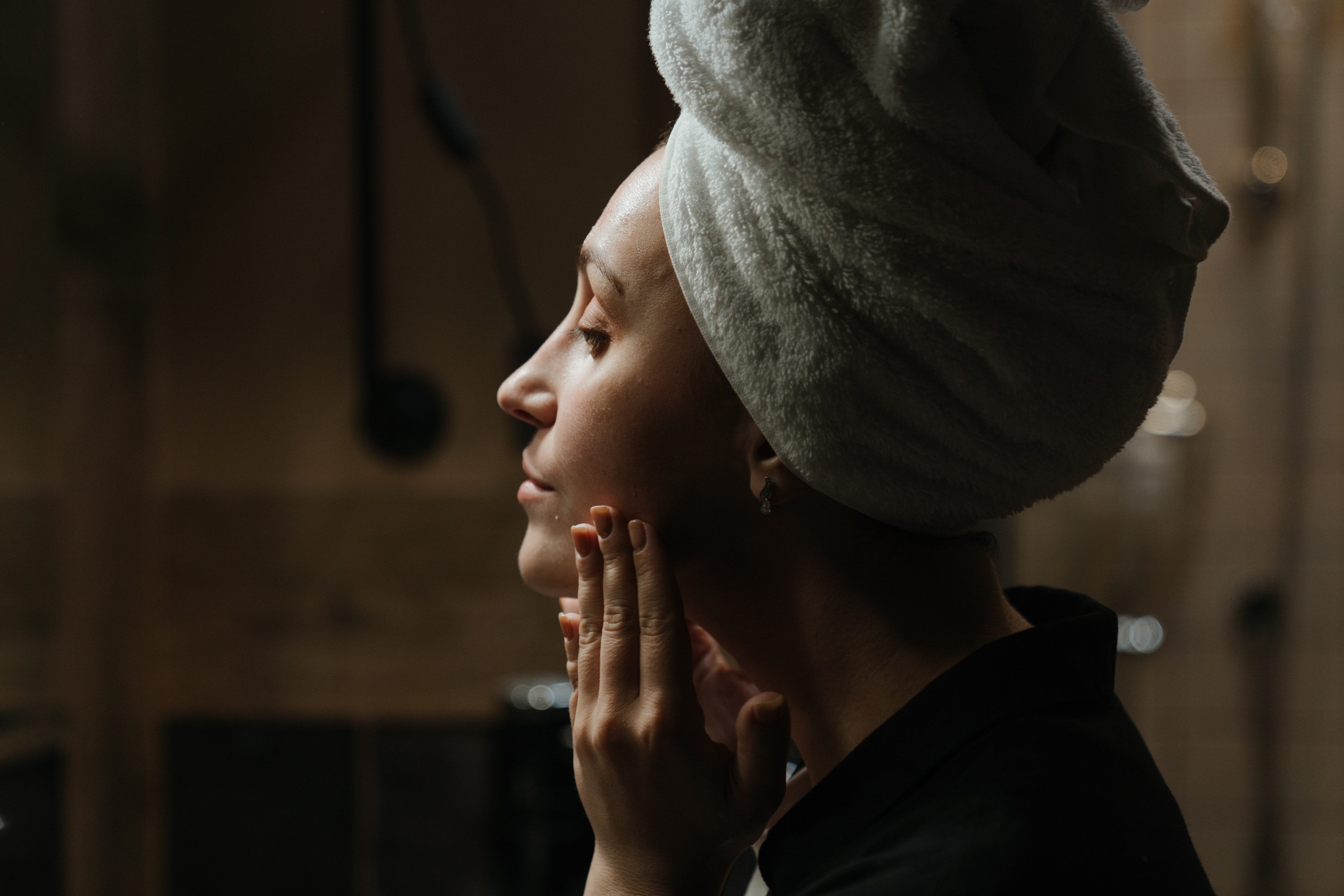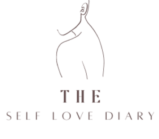
Do you find yourself constantly going out of your way to help others, even at the expense of your own needs and desires? Are you always putting others first, even when it causes you stress and burnout? Do you struggle to say “no” or assert your own boundaries?
If you answered “yes” to any of these questions, you may be a people-pleaser. Being kind and considerate is certainly admirable, but when it comes at the cost of your own well-being, it can become a problem.
For many of us, the root cause of chronic people pleasing is a deep-seated need for validation and approval from others. We may have learned early on in life that being nice and accommodating was the best way to receive love and acceptance. As a result, we continue to seek that validation and approval through our actions and behaviors towards others, even if it means putting our own needs on the back burner.
Breaking the cycle of chronic people pleasing requires a shift in mindset and a willingness to prioritize our own needs and desires. Here are some tips to help you stop being so nice and start putting yourself first
So why do some of us struggle to stop being so nice? Here are a few possible reasons:
1.) Fear of rejection or abandonment

Many people-pleasers worry that if they don’t do everything they can to make others happy, they will be rejected or abandoned. This fear can be deeply ingrained and may stem from past experiences of rejection or abandonment.
The Fear of both rejection and abandonment often times stems from a past trauma. Someone may have not shown up in the way that you may have needed. Someone may have not accepted you for who you are. Whatever the case may be many of us have faced these two in particular.
The two usually stay with us until we face ourselves. In order to release ourselves from the mental prison we must start accepting rejection and even potential abandonment. Reclaiming your power in this way is the great way to reprogram your mind to believing you ARE more than enough. Any response warranted outside of you shouldn’t be taken personally.
2.) Desire for validation and approval

People-pleasers often crave validation and approval from others, and may go to great lengths to get it. This can become a cycle, where the more you do for others, the more validation you receive, which reinforces the behavior.
The need for validation isn’t all bad. We need to be validated by our parents when growing up, managers at work and from our partners from time to time. However there’s a such thing as a “healthy amount” needed. Only you can determine what a healthy amount is for you!.
When you do things for the approval of others. You unintetionawlly neglect your wants and needs to help those you love or even strangers. Although your intentions are pure by over extending yourself you’re communicating to your are always more important than my own. People who know you’re nice and that you’ll help will always feel comfortable asking you for help despite what you are going through personally. We are going to teach you how to get different results. be sure to check out more articles like this one to further your self love journey at The Self Love Diary… Now back to the article 🙂
3.) Lack of self worth

If you don’t feel good about yourself, you may try to compensate by being overly nice and helpful to others. This can provide a temporary boost to your self-esteem, but it’s not a sustainable solution.
The best thing to do here is to practice being kind instead of nice. Whats the difference? (I read your mind I know I know… you’re welcome lol) While the terms “nice” and “kind” are often used interchangeably, they have distinct meanings. Being nice generally involves pleasing others, often to avoid conflict or criticism. Nice behavior may be superficial and not always genuine, as it may stem from a desire to be liked or to gain some form of advantage…..
On the other hand, being kind involves genuine concern for others’ well-being and a desire to help them without expecting anything in return. Kindness often comes from a place of empathy and compassion, and it involves taking action to make someone’s day a little bit better.
Kindness can be seen as a more authentic and meaningful form of behavior than simply being nice. Someone who is “nice” Is usually behaving in this manor to please the person on the receiving end. To be kind is usually in direct alignment with who you are naturally. When you’re kind you’re able to give and show up for others because you practice kindness on yourself.
So how can you break the cycle of people-pleasing and learn to prioritize your own needs and desires? Here are a few tips:
1.) Practice saying "no"

It’s okay to say “no” sometimes! Start small by setting boundaries and saying “no” to requests that don’t align with your values or priorities. Remember, you don’t have to justify your decision or make excuses.
A few techniques that helped me
-
Role-play with a friend: Find a trusted friend who is willing to role-play with you and practice saying no in various scenarios. This can help you feel more comfortable and confident when it comes to saying no in real-life situations.
-
Write it out: If you struggle with saying no in the moment, consider writing out a script or even an email response ahead of time. This can help you feel more prepared and articulate when the time comes to say no.
-
Use humor: If you’re uncomfortable with the idea of saying no, using humor can be a great way to lighten the mood and communicate your boundary in a lighthearted way. For example, you could say something like “I’d love to help, but I’m allergic to overcommitment.” This one should only be used just to get you in the habit of saying “no”. Once you feel comfortable its ideal to develop a more assertive approach.
-
Practice mindfulness: Mindfulness can help you stay grounded and present in the moment, making it easier to recognize when you need to say no. Take a few deep breaths before responding to a request, and ask yourself if it aligns with your priorities and values.
-
Start small: Saying no can be intimidating, so start with smaller requests and work your way up to bigger ones. For example, practice saying no to a salesperson at a store or declining an invitation to an event you’re not interested in attending. As you become more comfortable, you can start saying no to bigger requests and commitments
2.) Prioritize your self-care

Make time for activities that bring you joy and relaxation, whether that’s reading, taking a bath, or going for a walk. Taking care of yourself is not selfish, it’s necessary. There’s no right or wrong way to practice caring for yourself. It has taken trial and error for me to figure out what genuinely makes me feel cared for. Im can share with you a few things that work for me and maybe something will spark your interest?
A few things that felt right for me
-
Try forest bathing: Forest bathing, also known as Shinrin-Yoku, is a Japanese practice of spending time in nature to improve well-being. It involves immersing yourself in a forest or natural environment and engaging all your senses. It can help reduce stress, lower blood pressure, and boost your mood. Im a country girl so forrest bathing is my FAVORITE way to practice self care. Here’s a link for more info for more info on the topic
-
Dance it out: Put on your favorite throwbacks and dance like nobody’s watching! Dancing is a great way to release stress, boost your mood, and get some exercise. Plus, doing it alone means you can let loose without any judgment.
-
Unplug for a day: Take a break from technology and unplug for a day. This means no social media, emails, or even texting. Instead, spend the day doing things that you enjoy, whether it’s reading a book, taking a walk, or spending time with loved ones. This will take some getting use to if you’re really involved with others. Remember not rush into something. Take your time and take baby steps If necessary..
-
Write a love letter to yourself: Write a love letter to yourself, telling yourself all the things you love about yourself. It may feel uncomfortable at first, but it can be a powerful way to boost your self-esteem and practice self-love. Don’t sell yourself short with this one! Go into detail with the things in the letter
3.) Identify your boundaries

Take some time to reflect on what is important to you and what your non-negotiables are. Once you have a clear idea of your boundaries, communicate them assertively and respectfully to others.
Here's what helped me identify my boundaries
-
Reflect on past experiences: Think back to situations where you felt uncomfortable or violated. What boundary was crossed? How did you feel? This can help you identify what is important to you and where you need to set boundaries.
-
Pay attention to physical cues: Notice when you feel tense, anxious, or stressed. These physical cues may be telling you that your boundaries have been crossed.
-
Keep a journal: Writing down your thoughts and feelings can help you identify patterns and themes related to your boundaries.This makes setting and maintaining boundaries slightly easier.
-
Set aside alone time: Carve out time each day or week to be alone and focus on yourself. This can help you connect with your needs and priorities, and reinforce the importance of setting and maintaining boundaries.
4.) Challenge your negative beliefs

f you find yourself worrying about rejection or feeling like you’re not good enough, challenge those thoughts. Ask yourself, “Is this really true?” and try to focus on your strengths and accomplishments.
Here's what helped me over come negative thoughts
-
Reenacting your negative beliefs: Act out your negative beliefs, as if they are a scene in a play. This can help you see them in a different light and realize how irrational they may be. I do this pretty often. I naturally like to role play and talk to myself so this one is really fun and extremely effective!
-
Drawing your negative beliefs: Draw a picture of your negative beliefs or create a visual representation of them. This can help you see them more clearly and objectively. After this I will crumble, burn rip up the paper to symbolize that those words/thoughts aren’t me.
-
Mindfulness meditation: Practice mindfulness meditation and observe your thoughts and feelings without judgment. This can help you recognize negative beliefs and challenge them in a non-judgmental way.
-
Positive affirmations: Create positive affirmations that counteract your negative beliefs. Repeat them to yourself daily to help rewire your brain and replace negative thoughts with positive ones. Every time your mind begins to think negatively interrupt that thought by speaking a positive affirmation OUT LOUD to disturb the endless negativity.
-
Cognitive restructuring: Use cognitive restructuring techniques to challenge negative beliefs by examining the evidence for and against them, and replacing them with more balanced and realistic thoughts.
Friendly reminder… negative beliefs can be a challenging process and it’s important to be patient and compassionate with yourself. Trust your process. You got this!
5.) Seek Support

Talking to a therapist or a trusted friend can be helpful in breaking the cycle of people-pleasing. They can offer perspective and support as you navigate this journey.
How to seek out support
-
Join a support group: There are many support groups available online and in-person that can provide you with a space to connect with others who are going through similar experiences. These groups can provide encouragement, advice, and resources for breaking the cycle of people-pleasing.
-
Work with a therapist or coach: A trained professional can help you identify the underlying causes of your people-pleasing behavior and provide you with the tools and strategies you need to break free from it. They can also help you address any negative beliefs or thought patterns that may be holding you back.
-
Attend a workshop or retreat: There are many workshops and retreats available that focus on self-care and setting healthy boundaries. These events can provide you with valuable tools and insights and give you an opportunity to connect with others who are on a similar journey
- Ask for feedback: Ask trusted friends or family members for honest feedback on your behavior. This can help you identify areas where you may need to set stronger boundaries or be more assertive.
- Hire a coach: A coach can help you identify patterns in your behavior and teach you strategies to overcome them. They can also provide accountability and support as you work towards your goals.
final thoughts
In conclusion, being nice and kind to others is important, but not at the expense of our own wellbeing. By identifying our boundaries, practicing saying no, prioritizing self-care, challenging negative self-talk, and seeking support, we can break the cycle of chronic people pleasing and start prioritizing our own needs and desires. .

Remember, it’s okay to be kind and considerate, but not at the expense of your own well-being. By learning to prioritize your own needs and desires, you can break the cycle of people-pleasing and live a more balanced and fulfilling life. How do I know? because I was able to now its time I pass the torch to you.. CHEERS!
Thanks for reading
Are you ready to embark on a transformative journey of self-love and self-care? Look no further. The Self Love Diary is your ultimate destination for nourishing your mind, body, and soul. Dive into our collection of empowering blog posts dedicated to helping you cultivate a deep new found love for yourself.
Discover practical tips, heartfelt stories, and expert guidance that will inspire you to prioritize your well-being.
Embrace a life filled with love, compassion, and joy. From mindfulness practices and self-care routines to embracing your authentic self and cultivating positive relationships…
Our blog covers a wide range of topics to support your personal growth and transformation. Don’t wait another moment to embark on this beautiful path of self-discovery. Visit us now at The Self Love Diary also check out our Pinterest for exclusive content. Let the journey to self-love and self-care begin!
